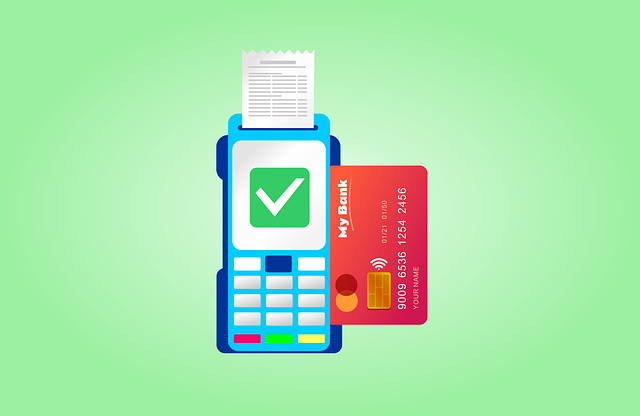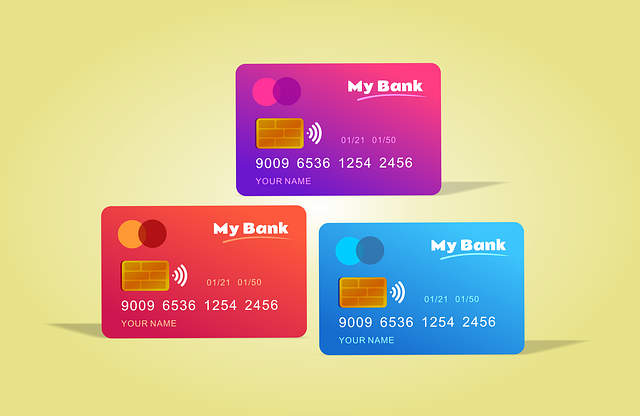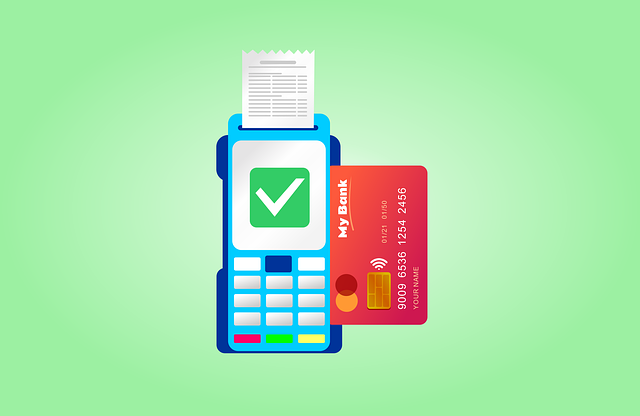Invoice financing offers businesses a flexible alternative to traditional loans by using existing invoices as collateral. This method provides immediate access to capital (up to 90% of invoice value) with faster processing times, no personal guarantees required, and potential interest savings. However, it comes with higher financing charges, reduced invoice margins, and potential disruptions in customer relationships if informed of the assignment. To maximize benefits, businesses should strategically apply, maintain strong financial records, and carefully select providers based on interest rates, funding speed, customer service, and industry specialization to avoid damaging their credit score. This tailored approach enhances the advantages of invoice financing over traditional loans while ensuring responsible use.
“Explore the world of invoice financing and its intricate relationship with credit scores. This comprehensive guide delves into the unique financial tool that offers businesses a powerful alternative to traditional loans. We’ll break down ‘how invoice financing works’ and uncover its benefits, such as improved cash flow and enhanced credit profiles.
Learn from our ‘Invoice Financing vs Traditional Loans’ comparison and discover the pros and cons of this funding method. Additionally, we’ll guide you through the application process, helping you navigate and choose reputable providers.”
- Understanding Invoice Financing and Its Unique Features
- Invoice Financing vs Traditional Loans: A Comparison
- The Impact on Credit Scores: Pros and Cons Unveiled
- Navigating the Application Process and Choosing Providers
Understanding Invoice Financing and Its Unique Features

Invoice financing is a unique financial solution tailored to businesses, offering an alternative to traditional loans. Unlike bank loans that require collateral and strict eligibility criteria, invoice financing leverages existing invoices as security. This innovative approach provides several benefits for businesses, especially those seeking flexible funding options. By selling outstanding invoices to financing providers at a discount, companies gain immediate access to capital without disrupting their cash flow or impacting their creditworthiness.
Understanding how it works is straightforward. Businesses identify eligible invoices and assign them to financing providers, who then advance a percentage of the invoice value. Once the client receives payment from their customer, the financing provider is repaid, plus any agreed-upon fees. This method is particularly advantageous for companies with strong revenue streams but limited access to traditional banking services or those in industries with lengthy payment terms. However, like any funding option, invoice financing has its pros and cons; it’s crucial to weigh these factors when considering this alternative financing route, including the potential impact on credit scores and the selection of reputable invoice financing providers.
Invoice Financing vs Traditional Loans: A Comparison

Invoice financing offers a unique alternative to traditional loans when it comes to accessing capital. Instead of borrowing from banks or financial institutions and paying back with interest over time, businesses can sell their outstanding invoices (invoices for goods or services provided to customers) to invoice financing providers. This process provides immediate funding based on the value of those invoices, which can be particularly beneficial for small and medium-sized enterprises (SMEs) looking to manage cash flow.
While traditional loans often require a detailed application process, collateral, and strict repayment schedules, invoice financing is usually more flexible. Businesses apply by submitting their existing or pending invoices, and the provider assesses the creditworthiness of the customers listed on those invoices. Pros include faster access to funds, no need for personal guarantees (unless required), and potential savings on interest costs since the financier bears the risk of customer non-payment. However, cons may include higher financing charges, reduced margins on the sold invoices, and potential disruption in business relationships if customers are notified of the assignment of invoices. When choosing between invoice financing and traditional loans, businesses should carefully weigh these factors against their specific financial needs and goals.
The Impact on Credit Scores: Pros and Cons Unveiled

Invoice financing can have a significant impact on credit scores, offering both benefits and potential drawbacks for businesses. When a company chooses this funding method, they are essentially selling their outstanding invoices to an invoice financing provider at a discount. This provides immediate cash flow, which can be particularly beneficial for small businesses or those with seasonal revenue fluctuations. It’s important to note that how invoice financing works is by transferring the rights to these invoices to the financier, who then collects the full amount from the customers directly.
While this practice can improve cash flow and provide access to capital without traditional loans, it may also affect credit scores. The primary con lies in the potential for a business’s credit score to take a hit if they are unable to repay the financed invoices on time. Late payments or defaults can be reported to credit bureaus, reflecting poorly on the company’s financial reliability. However, responsible use and timely repayment can mitigate these risks, showcasing the pros of invoice financing vs loans in terms of preserving a strong credit score while accessing needed funds. Applying for invoice financing is relatively straightforward, with many providers specializing in this alternative funding method.
Navigating the Application Process and Choosing Providers

Navigating the Application Process and Choosing Providers
Understanding how invoice financing works is only half the battle. To truly unlock its benefits, businesses must also master the application process and select the right providers. Unlike traditional loans, invoice financing involves selling outstanding invoices to a third-party provider at a discount. This streamlines cash flow but requires careful consideration. When applying for invoice financing, companies should prepare detailed financial records, including historical sales data and customer information. Transparency builds trust with potential lenders, enhancing your chances of securing favorable terms.
Choosing the right providers is crucial as well. The market offers various options, each with its own set of pros and cons. Some providers specialize in specific industries or invoice sizes, while others cater to businesses of all types and scales. Evaluate candidates based on factors like interest rates, fees, funding speed, and customer service. Comparing multiple providers allows you to find the best fit for your business needs, ensuring a seamless transition to this innovative financing solution that sets invoice financing apart from traditional loans.






